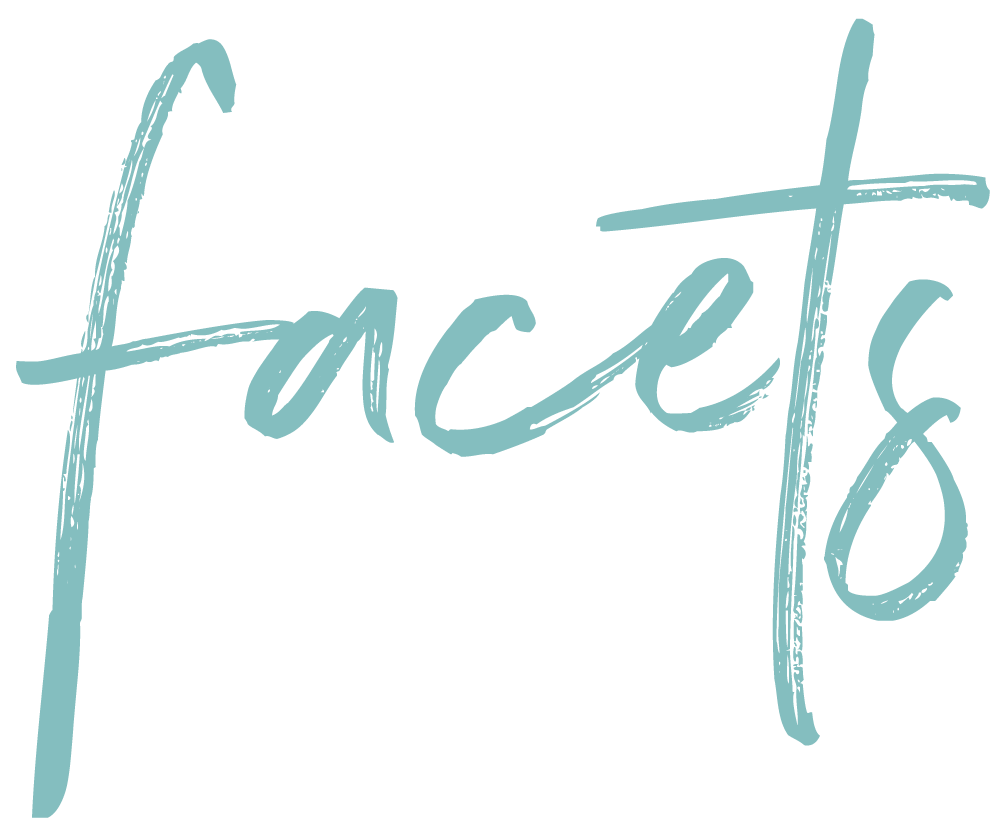Encouraging Emotional Intelligence in Children
As COVID-19 forced kids to turn their home into a school and learn via video without the usual social interaction, the most asked question was: How is all this stuff going to affect my children, and how can I help them? From there, the conversation morphed into not just how to prioritize our children’s mental health now, but always.
Which is where On Our Sleeves comes in. As a movement for children’s mental health led by Nationwide Children’s Hospital, they are committed to breaking stigmas around children’s mental health. This year, they’re taking on what they call the Million Classroom Project, with the goal of providing one million classrooms across America with free mental health resources. Kendra Scott is honored to support the Million Classrooms Project this month, with 20% of proceeds from our Everlyne Bracelet suite benefiting On Our Sleeves during the month of August, each purchase providing eight mental health resource guides.
Hear from Dr. Parker Huston, Clinical Director of On Our Sleeves, below, on breaking mental health stigmas for your children, strategies to support mental wellness from an early age, and much more.
Q&A with Dr. Parker Huston
How can parents and educators work to break stigmas about mental health for children?
One of the first ways is to make it a topic of conversation on a regular basis. It’s something a lot of people shy away from, and there’s a lot of reasons why — they don’t know what to say or they’re worried about what their kid might say or they don’t want to bring up that emotion by asking about it. These are all things we try and dispel, to give people the chance to talk about it. Because the more that it’s a topic of conversation, the less scary it will seem, and the more comfortable they’ll be sharing when they need to.
When is the right time to start talking with kids about mental health?
By two or three years old, in an ideal world, we’d all be having some of these conversations and then building off them from there, using them as the foundation to help children grow.
What are some strategies to help children learn good mental wellness skills early in life? What are some of the most important skills for them to learn?
Most of the skills that we try to focus on are things related to emotional health and good early wellness practices. When we talk about emotional health, we’re talking about a set of skills that are developed. We have this training in what we’re launching for educators as a part of the Million Classrooms Project coming out this fall. Through activities and education, we lead them through the five steps of Emotional Empowerment:
Identifying your emotions.
Recognizing what you’re feeling
Recognizing what other people are feeling
Expressing yourself appropriately (and then)
Regulating those strong emotions
The parent version has already launched and the educator version will be published soon.
We know that the things we establish, even the mental patterns established early in life, for example, how you process disappointment or how you deal with adversity, are hard to change. If we can focus early in life on teaching kids the skills and ways of thinking which promote resilience, behavior patterns, and show kindness to others, those skills will benefit them long into adulthood. They start out as things we have to teach, but they will become regular habits and routines that persist throughout life.
How can we support schools and educators to talk about mental health in the classroom, particularly in the midst of COVID-19?
The Million Classrooms Project is our way of tangibly making it clear to everybody that educators are a huge priority for On Our Sleeves. If we can get educators on board and get the information in their hands, they can integrate it into their classrooms, and then all of a sudden, they’re helping 30 students or more a year. The number one thing we hear about this topic is, “It’s just a scary topic for me. I’m going to ask them how they’re doing, and I’m going to have to respond to what they say.” So we try to help everyone feel a little bit more confident in having those discussions.

